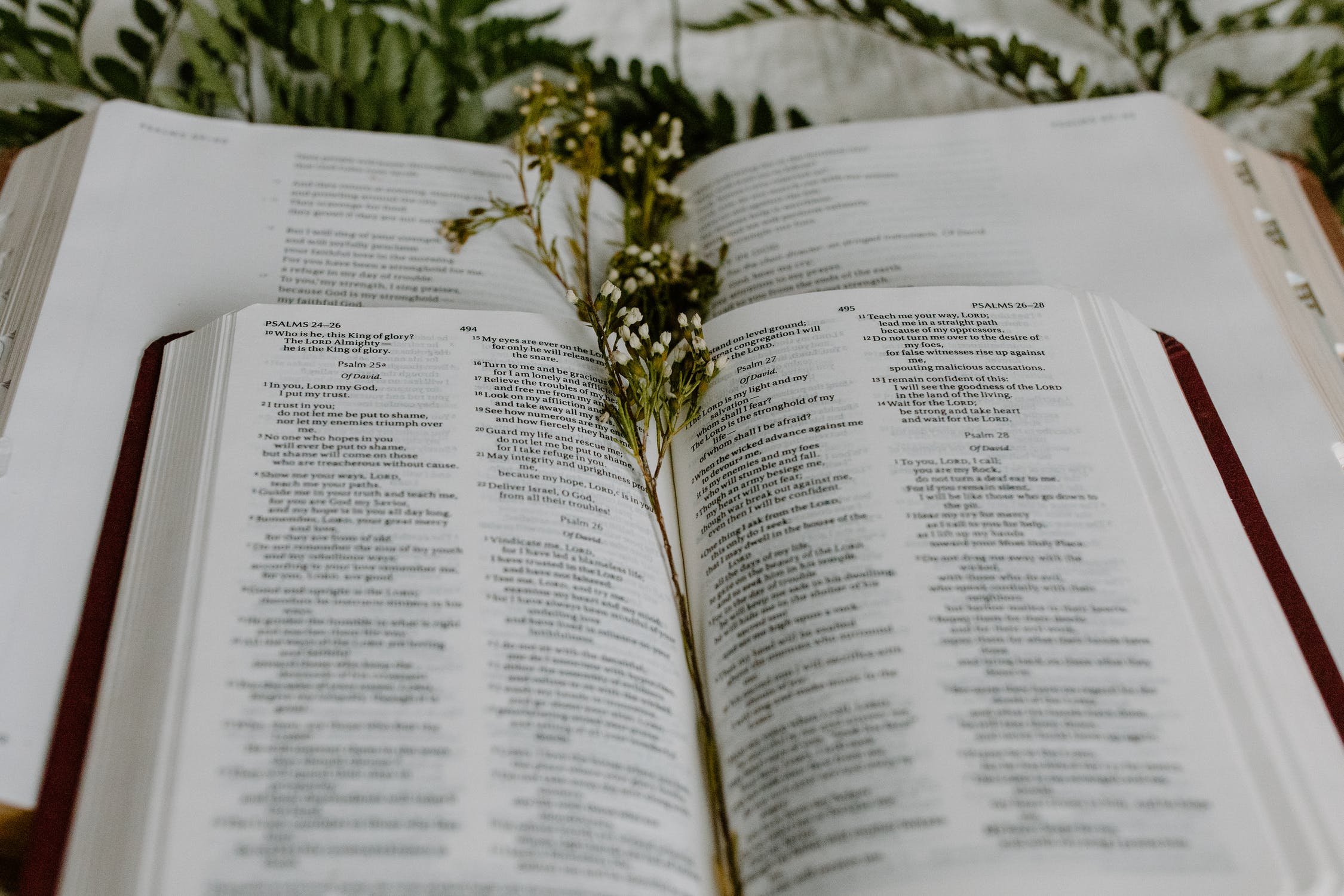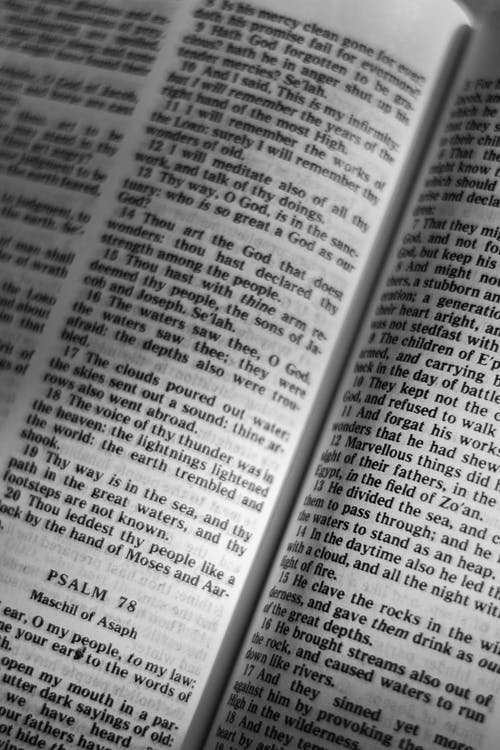Good Zeal (Rule of Benedict, 72)
Benedict of Nursia (ca. 480-547) is one of the voices from Christian tradition who continues to help us understand what it means to walk together toward Christ the Light. The grand finale to the Rule of St. Benedict (RB) comes in chapter 72 on the topic of what Benedict calls "good zeal". (Bit of trivia: scholars agree that RB 73, the actual last chapter, functions as a bibliography). Having reached the bookend of all the wisdom collected in previous chapters, we might rightly wonder about Benedict's punch line for this vision of life in Christian community.
Poem: Lukewarm
Neither too hot nor too cold
is the greater danger
to common life.
Hot heads fuel fear,
cold hearts still harmonies,
yet nothing sours the will for good
like the bite of indifference.
“Behold,” the Holy One calls, “I stand at the door and knock.”
We may not have
the fire to drive him away
nor the ice to refuse him,
but let us not be caught
humming to ourselves,
pretending he’s not there.
Set down tepid ways,
rise up,
and put a hand to the latch.
Reader's Poem: Life Together
Community is a reality created by God in Christ.
We are reverent listeners and participants in God’s sacred story.
In fellowship we learn to be alone; in aloneness we learn to live rightly in fellowship.
Ultimately, we have no charge but to serve our brothers and sisters, for they stand as signs of God’s truth and grace.
Praying Grace-Fully
From biblical times through the modern day, Christians have asserted that the practice of prayer is essential to the life of discipleship. Unfortunately, prayer can also become a source of shame and inadequacy. Who among us doesn’t feel that our prayer life isn’t what it should be?
Poem: Ceaseless Prayer
What is the point of discipleship
if not to live truthfully
in the Divine Presence,
to make our way, ready for thein-breaking of God’s grace?
Like desert monks we saturate
ourselves with Scripture
that we, too, might dwell in the Word
and put on the mind of Christ.
We who practice
receiving God’s touch
and waiting through its absence
cannot resist meeting joys and challenges
with more and more transparency.
Centeredness wells up
as biblical words and symbols
begin grounding priorities and decisions
in something other than mere ego.
The fullness of Christian life
spills over, then,
into convictions and actions
that serve the greatest good.
Call it prayer, call it lectio,
but do not let it be confined
to quiet moments before dawn.
Befriending Your Limits
By the time you find yourself drawn to the phrase "befriending your limits," you have likely built a home between a mountain and a shoreline. The desire to seek new perspective may well be an invitation that involves some element of discomfort . . . and a dash of hope. This peculiar mix suggests to me that God is at work and that it is time to pay attention. We cannot help but respond with honesty.
How To Foster A Healthier Year In Ministry
Most Christian leaders can understand the way the most sincere intentions for well-being too easily give way to the everyday demands of ministry. Even so, with the new year upon us, something deep inside refuses to dismiss the impulse of grace and promise in a new beginning.
As a spiritual director, I hear people express both the desire for new beginnings and the sense of being stuck. This reminds me that I am not alone.
Poem: Woodland Love
There is a beauty to these woods
that surpasses even the twilight
sound of the Great Horned Owl
or the crescent moon spilling stars
onto cedar tops and pines.
Reader's Poem: Being Mortal
Death is not failure. Death is normal.
Sooner or later independence will become impossible.
Medicine has transformed life into a long, slow fade.
The trouble is we expect more from life than survival.
When life’s fragility is primed ,goals and motives shift completely.
T
Poem: As A Shadow
Were I to sit with the setting sun
warm upon my face,
she might cast a long shadow
of the man I want to be.
The dark form waits patiently,
watching, growing
whether or not anyone looks on.
When brightness makes clear
what does not belong,
it shows more clarity and depth
than cold refusal.
The shadow is sure and ever-faithful,
sometimes cloud-hidden,
never truly absent.
Should darkness fall it does not flee
but settles calmly into
grace-filled unknowns.
May I become one such shadow—nearly unnoticed—a steadfast reminder of the sun.
Poem: ¡Más Mezcla! (Habitat Paraguay, 2015)
“¡Más mezcla!, ”the masons cry and we mix sand, soil and cement.
Water dipped from drums pail by pail.
So many bricks. So much mortar.
Pail by pail we dry up a family’s only drinking, only washing.
“Toma la agua,”the mother says, risking all—“for my childrens”—to set a new foundation.
Tonight she will go to the stream,
pail by pail, starting again toward survival.
Tomorrow, “¡Más mezcla!,”and we will again risk with her
to build these children a home.
Natural Connections
Fly fishing is not always a spirit-rich experience for me. In fact, it might be telling that I first picked up a rod simply because I thought dropping a fly into inviting spots might give me something interesting to do while I was bored with not catching fish. I like its practicality, so I keep at it and trust that it is important to my soul. I find that it entertains my mind and hands when I need to transition off life’s freeway onto a slow dirt road. Occasionally, on days like this one, the practice itself falls away and takes with it all my seemingly important thinking. In those precious moments, I realize anew that I am standing—and always have been—in the nearness of God. Fishing the fly can take me between mountains or over impressive stones, but always, always I am beside waters and among trees. Reflecting on what God speaks to me in beautiful moments like these, I know I need to listen more closely to the waters and the trees.
The Benedictine School of Spirituality (Part 3 of 3): Sustaining Lectio Divina and Preferring Nothing Whatsoever to Christ
Over time, the practice of lectio divina becomes less a set formula for prayer than a disposition of prayerfulness. We learn to slow down and trust the Spirit’s often non-linear process. We marvel at the way the Word so often speaks into our experiences and submit to the ways God is forming us today. Any fruits of that growth are noticed not necessarily within the set boundaries of “prayer time,” but in the fruit of everyday life.
The Benedictine School of Spirituality (Part 2 of 3): Praying the Psalms and Exercising Community
Thirteen of seventy-two chapters in the Rule of St. Benedict (RB) are devoted to instruction about liturgical prayer. Benedict goes to great lengths to establish a rhythm of life in community which is punctuated by prayer (the liturgy of the hours) and saturated in Scripture. Most central is praying the Psalms, which reflects the longstanding appreciation for the way this form of Scripture connects so deeply with the human experience.
Benedictine Spirituality (Part 1 of 3): Core Values
The Benedictine school of spirituality is an important voice in our world today, a voice which informs our praying, living and discerning. It is one among many schools that speak to contemporary hearts, yet it is particularly unique in its lasting impact on Western Christianity.
Benedict of Nursia lived from ca. 480 to 547 CE in Italy. The Rule of St. Benedict (RB) became a foundational text for monasticism in the West, having emerged in the sixth century as the Roman civilization was collapsing. There was societal chaos and political dissatisfaction and we might wish that the conditions of those times did not sound so familiar to our modern ears. What we know about St. Benedict himself comes to us mainly through Gregory the Great (ca. 540-604 CE), who praised Benedict for his discretion and moderation.
I Smell Gas
In this particular situation, and in contrast to other interactions I have had in ministry settings, I was able to quickly and clearly hold my ground. I said, "I do smell gas, in fact, and I need help finding a solution." This refreshing moment of clarity reminded me that it is not always so easy to hold the ground of true self. In the flow of life, we sometimes catch ourselves doubting what we smell. We might initially attempt to ignore it or succeed in explaining away our sensations for a time. When the smell still persists, however, we begin to second guess ourselves, occasionally surrendering our perspectives too quickly because someone has pressed against our convictions. To underestimate or fail to exercise our perspectives faithfully is to drift away from the authentic, Christ-centered self.
How Do Our Limits Set Us Free?
We all have limits. It is an undeniable truth for every member of humankind. Whether we understand them to be the end of our capacities or the boundaries of our identities, we know the discomfort that accompanies the attempt to exceed them. Were discomfort the only outcome, we would simply discount them as inconveniences and pretend to avoid them. That would, however, dismiss the potential appreciation for limits that Benedict has been encouraging since the sixth century. In Ch. 4 of the Rule he urges the reader, “Day by day remind yourself that you are going to die”
I Surrender . . .
“I surrender my need for security, affection and control. I surrender my need to change what I am experiencing in this moment. Welcome. Welcome."
These words are part of a gentle and down to earth prayer called "The Welcoming Prayer", which I learned at an event with Mary Dwyer and hosted by Minnesota Contemplative Outreach. Bit by bit, this little prayer is beginning to shape me.
Poem: Learning Lectio From An Old Welsh Cow
Slow and steady
tear the grass
grind, grind
iron jaws
keep chewing
drop down
pulling, pulling
raise head
chewing, looking
pause
watch
chewing, chewing
swat tail
pulling, pulling
tongue out
snort, snort
chewing, chewing
stand still,
lift tail
loose patty
chewing, chewing
pulling, pulling
all day long.























